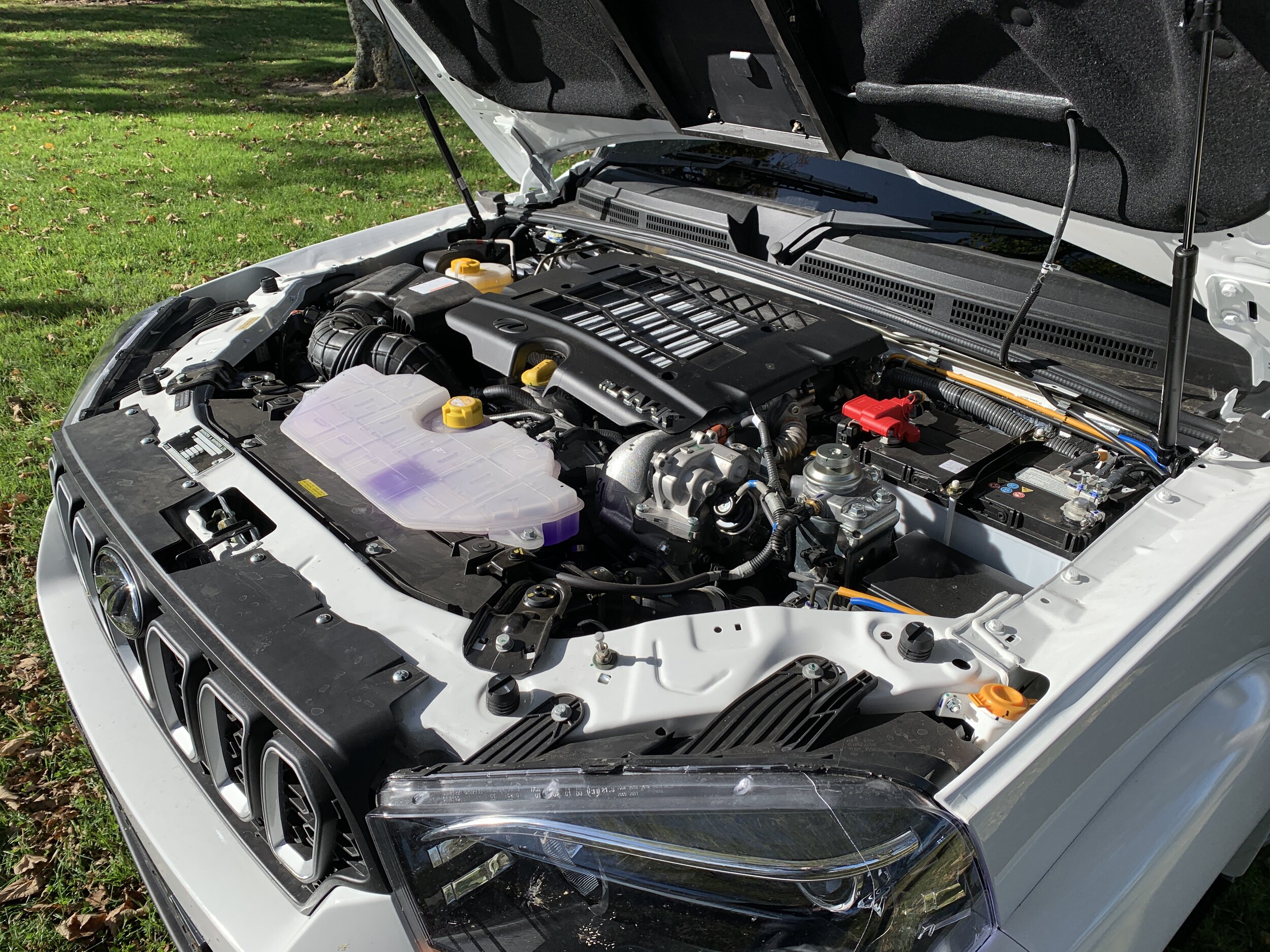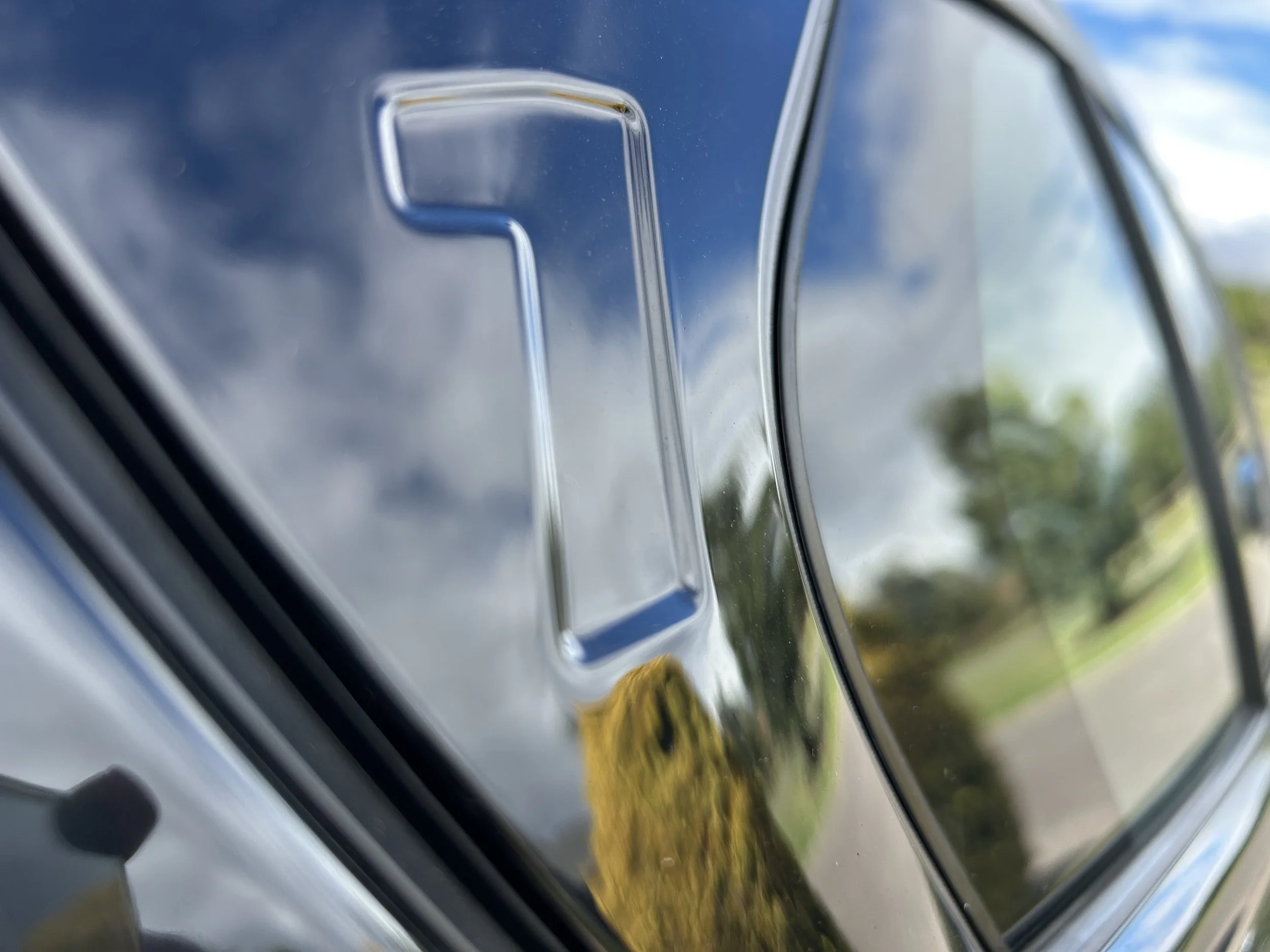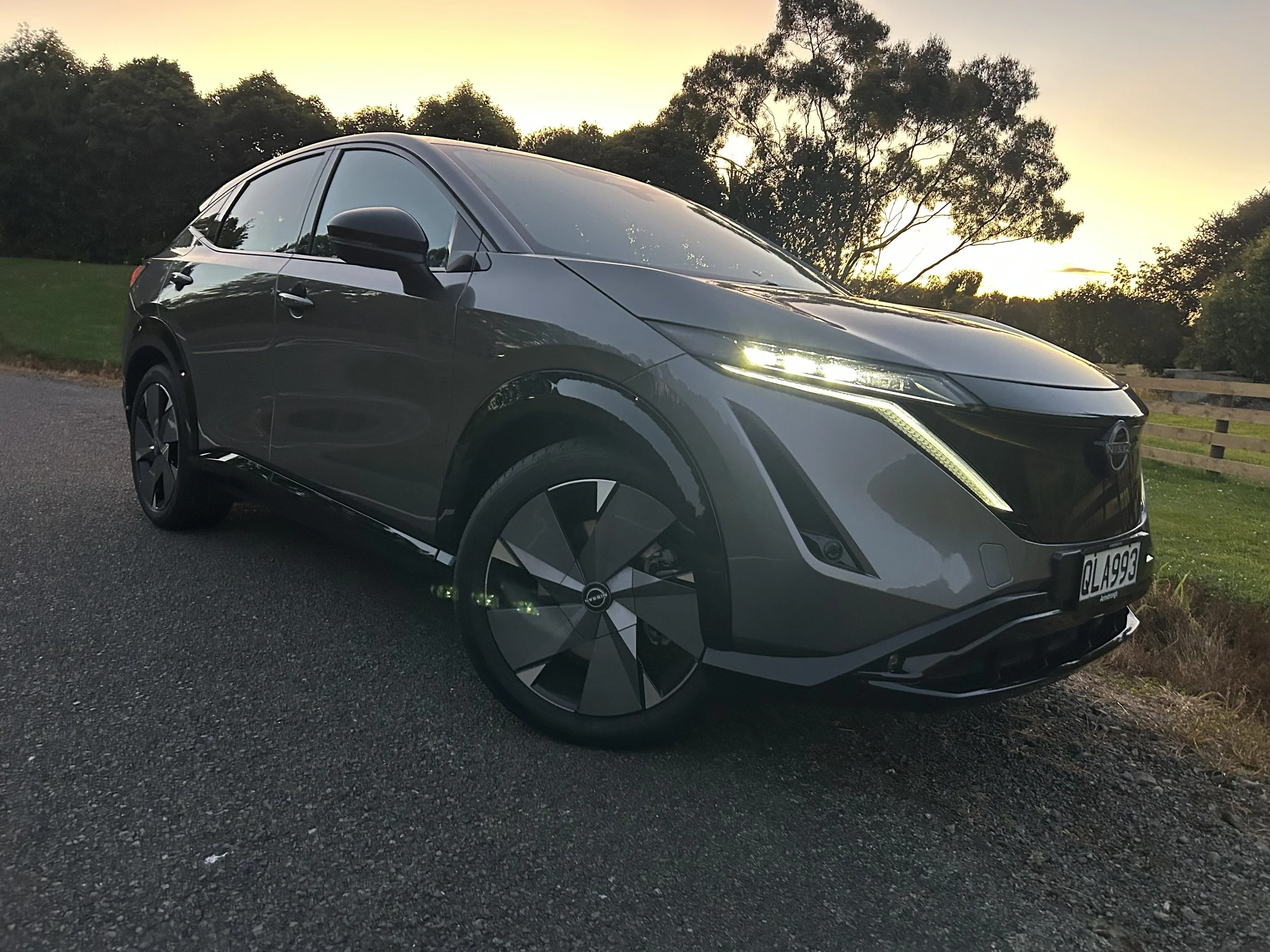Hard times to bring budget utes to fore?
/The country still needs utes … if they’re cheap and tailored foremost for real work, a distributor says.
POLITICAL push to get the country moving again with toil-intensive job creation schemes will give ute sales an old-fashioned stir-up.
Providing, that is, they are models created to the ‘old-school’ formula that puts worksite punishment ahead of weekend play.
That’s the view of an advisor for a distributor which has good reason to hope budget back-to-basics models will rise to the fore over the next 18 months proves accurate.
Russell Burling speaks for Dealer Direct Wholesale Limited, the national distributor for India’s Mahindra and Mahindra, whose smallest traydeck, the Pik-Up, has just under a major refresh, which beyond the easily-recognised restyling also runs to a major re-engineering for improved refinement.
With pricing starting at $24,990 and spanning to $34,990, P:ikUp stands as the cheapest load-up choice in the New Zealand market with clear terrain now that a Chinese competitor no longer has a rival model here.
Meantime, the PikUp line has doubled in count, with addition of four rear-drive single and double cab with choice of tub and cab chassis. All run a 103kE/320Nm 2.2-litre turbodiesel and with six-speed manual, though an auto will arrive later.
Range enhancement for a vehicle that has been here for seven years already might attune sweetly with perception that massive changes to our economy from the coronavirus that will unavoidably impact deeply on employment and spending habits.
russell burling
The models were signed off for NZ consignment before coronavirus was known about, but the effect of lockdown and restrictions set to maintain in the aftermath leaves Burling thinking “we’ve made a really good call.”
Government’s intent to keep the economy on the boil is a positive and he sees ongoing opportunity from its preparedness to fund big dollar shovel-ready public projects as those efforts will require new equipment.
However, he contends those at worksite level will be more choosey and won’t be spending large.
That’s an opportunity for Mahindra to promote the reliability, functionality and value aspect of its budget-minded products, which beyond PikUp also span other off-road configured models plus passenger vehicles.
But it’s also a sign that those other makes that have concentrated effort serving up big expensive doublecabs will be caught out.
This new world demands tools, not pleasure craft. “A lot of those (expensive utes) are not required and not needed. We need tools now and that’s what we offer.”
Does that mean an end to the market condition of the past five years, when new passenger sales have been so skewed toward utes that the Ford Ranger has been the country’s top selling vehicle for several years?
“It’s hard to exactly say it’s finished, but certainly the demand will be less. Everybody in business is going to take some pain through this (coronavirus).
“You need utes, but you need utes that do jobs. Do you need all the high-end stuff going forward? Probably not as much.”
Sales data from as far back as late last year seems to support thought the glory days are waning for ego-polisher models that can cost more than $90,000, with the likes of the dominant Ford Ranger maintaining market share but with smaller volumes.
Quite possibly anxiety with the big players will have grown since, not only because of emergent prediction of new vehicle sales halving this year but also with cancellation of Field Days.
Promotions around the mid-July Mystery Creek event historically spike annual registrations counts and major players will have stocked up large, with consignments built and shipped before the virus closed down their plants in Thailand. If demand has cooled, do they have too many vehicles? That’s surely why Holden has more Colorado variants than anything else in its pre-closure stock clearance.
Potentially, then, there might be some sweet deals ahead, but perhaps the glam models won’t turn the heads of those set to engage in the public works programmes set to unroll.
“They need work utes,” contends Burling. “If you’re going into back country on pest control, you need hose out floors and rubber mats, not high-end carpets.”
Though Burling sees the new rear-drive PikUps as being valuable to volume, it’s likely the singlecab 4x4 will remain as the type’s biggest seller.
“It’s ideal for possum hunters, farmers, those in construction … it’s a really good product. A sharp tool for that market.”
This interview also gave opportunity to briefly drive the entry PikUp, the singlecab chassis that is new for 2020. This level comes in the S6 trim, which provisions for ‘function and value” rather than the S10 fitout, that lifts to what the maker describes as a more SUV-like spec.
Even so, the budget layout is not as rudimentary as previously. The interior benefits from ergonomic improvements, better plastics and a more dedicated approach to fit and finish than was apparent in the preceding line. The S6 also now takes better equipment: Cruise control, Bluetooth phone connect, upgraded seats with arm rests and, on the driver’s side, height adjust. You need by S10 to achieve sat nav and a reversing camera, both running through a touch screen not availed in the cheaper choice.
Option packs to suit rural, trade and fleet buyers can be created from an options list that’s now more comprehensive. A which compatible steel bull bar with bash plate, brush rails, snorkel, tow bar, canvas seat covers and so on. All in tune with a work-first ethic that also reflects in it being tailored to tote a payload of up to 1065kgs with a 2.5-tonne braked towing capacity.
The demonstrator also had a light-weight but sturdy alloy deck, sourced from Australia, as an option to a steel type, and was trialling a wheel and tyre pack yet to be signed off.
The driving experience does not disguise that this is a working ute and performance is adequate, nothing more, though the engine seems perkier in the low and mid-range. However, the effort to reduce mechanical and road noise is obvious, even if the engine remains a dominant background voice during phone discussions at 100kmh.
Notwithstanding that Mahindra’s plants are also currently closed by the virus, expect to see more activity from Mahindra going forward, as PikUp stands as the only existing model not due complete replacement.
The new Thar, a Jeep Wrangler lookalike (to the point where the grille design had to be replaced to appease the Americans), is coming and so too the Scorpio sports utility.
Mahindra also stands to benefit from having a major shareholding in SsangYong, with all the latter’s engineering and technology development having effecting shifted out of South Korea to India.
The Ssangyong brand itself, however, seems in parlous state – having failed to make profit for years, its future seems to hang in the balance from Mahindra having in April curtailed plans to invest a further US$423 million in a bid to make the Korean brand profitable by 2022.
It’s direction to SsangYong to seek “alternate sources of funding” has not yielded anything useful and conjecture now is that the South Korean government might yet direct Hyundai to subsume the SUV specialist marque, to thus avoid the embarrassment of it seeing it fail.
Mahindra’s involvement with SsangYong does not reflect locally, with the Korean marque operating with a separate distributorship.





















